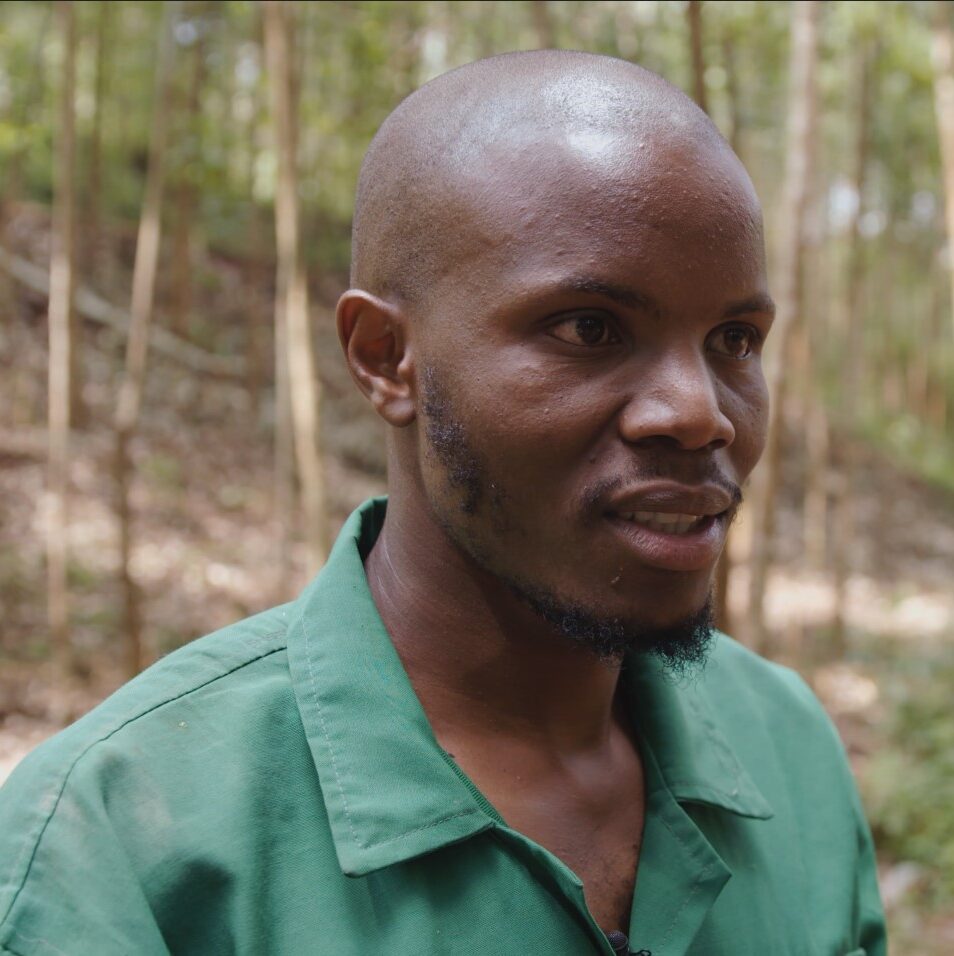William Happer
William (Will) Happer, the Cyrus Fogg Bracket Professor of Physics and one of the pioneers in the field of optically polarized atoms, has transferred to emeritus status at the end of the 2014 academic year. Will is known for developing rigorous theories to analyze his elegant atomic physics experiments as well as for extensive service to Princeton and the U.S. government.
He has published over 200 scientific papers. He is a fellow of the American Physical Society and American Association for the Advancement of Science, and a member of the American Academy of Arts and Sciences, the National Academy of Sciences, and the American Philosophical Society.
Co-Founder and Chair of the CO2 Coalition, Dr. William Happer is a specialist in modern optics, optical and radiofrequency spectroscopy of atoms and molecules, radiation propagation in the atmosphere, and spin-polarized atoms and nuclei.
In 2019, William. A. van Wijngaarden and William Happer published a seminal paper on the radiative transfer process titled: Infrared Forcing by Greenhouse Gases. An accessible review of this paper was written by Kees de Lange.
Happer has been interviewed by Tom Nelson several times (here and here) and he gave a talk at Clintel in 2022.
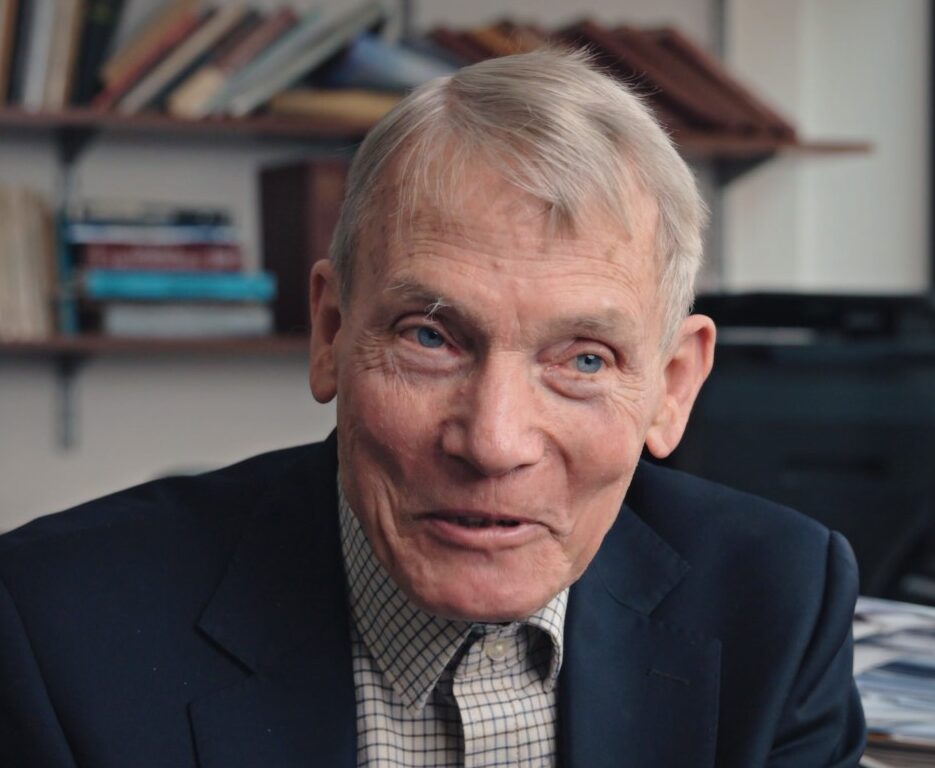
John Clauser
Dr. John F. Clauser (Ph.D. Physics) is the recipient of the 2022 Nobel Prize in Physics. He received the award, along with two others, for work done in the 1970s that showed “quantum entanglement” allowed particles such as photons, effectively, to interact at great distances, seemingly to require communication exceeding the speed of light.
Dr. Clauser is a member of the CO2 Coalition. He has criticized the awarding of the 2021 Nobel Prize for work in the development of computer models predicting global warming and told President Biden that he disagreed with his climate policies. Dr. Clauser has developed a climate model that adds a new significant dominant process to existing models. The process involves the visible light reflected by cumulus clouds that cover, on average, half of the Earth. Existing models greatly underestimate this cloud feedback, which provides a very powerful, dominant thermostatic control of the Earth’s temperature.
John Clauser signed the Clintel World Climate Declaration in 2023. In a lecture in South Korea he told the audience there is no climate crisis.
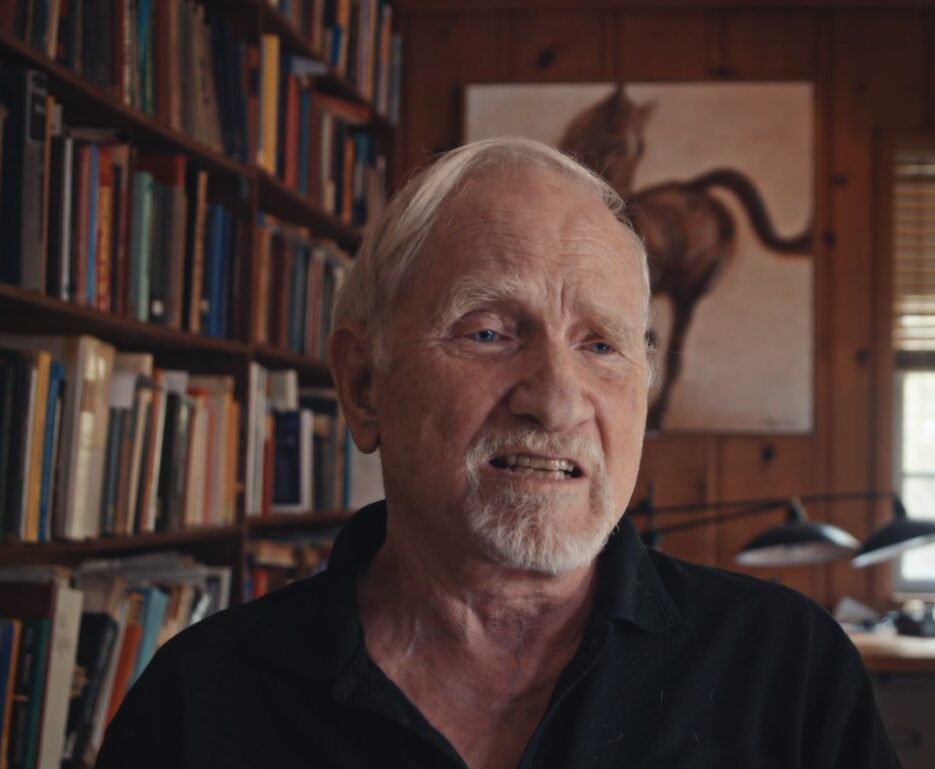
Richard Lindzen
Richard S. Lindzen, born on February 8, 1940, is an American atmospheric physicist known for his work in atmospheric dynamics. He is Professor Emeritus of Earth, Atmospheric and Planetary Sciences at the Massachusetts Institute of Technology (MIT), where he served as the Alfred P. Sloan Professor of Meteorology from 1983 until his retirement in 2013. Lindzen has made significant contributions to the field of atmospheric science, including work on Hadley circulation, monsoon meteorology, planetary atmospheres, and hydrodynamic instability. He has authored more than 200 scientific papers and is a member of the National Academy of Sciences. In the climate debate, Lindzen is a prominent skeptic who disputes the scientific consensus on climate change. He argues that the climate is less sensitive to increasing greenhouse gases than most climate scientists believe. He is actively involved in the CO2 Coalition and a signatory of the Clintel World Climate Declaration.
Some key points about his role in the climate debate include:
- He proposed the “iris hypothesis” in 2001, suggesting that warming could lead to decreased cirrus clouds, potentially counteracting global warming.
- Lindzen has criticized what he calls “climate alarmism” and has questioned the severity of human-induced climate change.
- He has been involved with the Intergovernmental Panel on Climate Change (IPCC), contributing to reports in 1995 and 2001, though he has criticized the Summary for Policymakers.
- Lindzen has testified before congressional committees and has been a vocal critic of climate change policies.
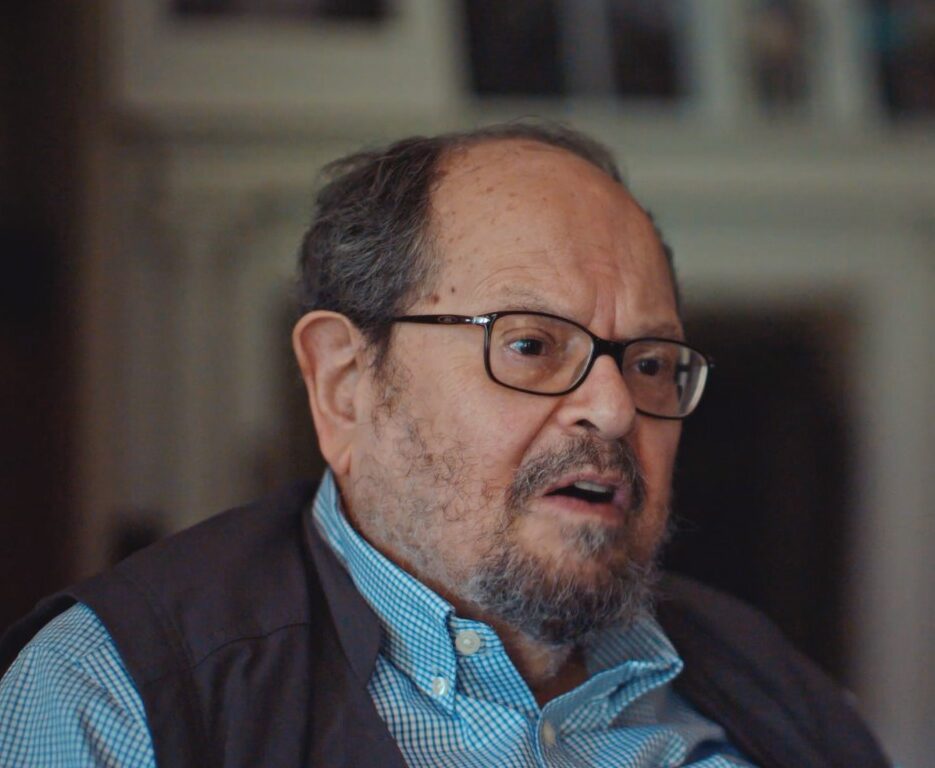
Patrick Moore
Dr. Patrick Moore has been a leader in the international environmental field for over 40 years. He is a co-founder of Greenpeace and served for nine years as President of Greenpeace Canada and seven years as a Director of Greenpeace International. As the leader of many campaigns Dr. Moore was a driving force shaping policy and direction for 15 years while Greenpeace became the world’s largest environmental activist organization.
In 2013 Dr. Moore, with his brother Michael and other family members, founded the Allow Golden Rice Society, a non-profit organization dedicated to seeing Golden Rice approved for commercial agriculture. 250 million children, mainly in the tropical countries, are deficient in vitamin A and as a result 2 million die each year. The Allow Golden Rice Now! Campaign demands that Greenpeace and their allies discontinue their campaign of opposition to Golden Rice, which could eliminate vitamin A deficiency if cultivated and consumed.
He published several books, among them Confessions of a Greenpeace Dropout and Fake Invisible Catastrophes and Threats of Doom. He frequently gives talks about climate change.
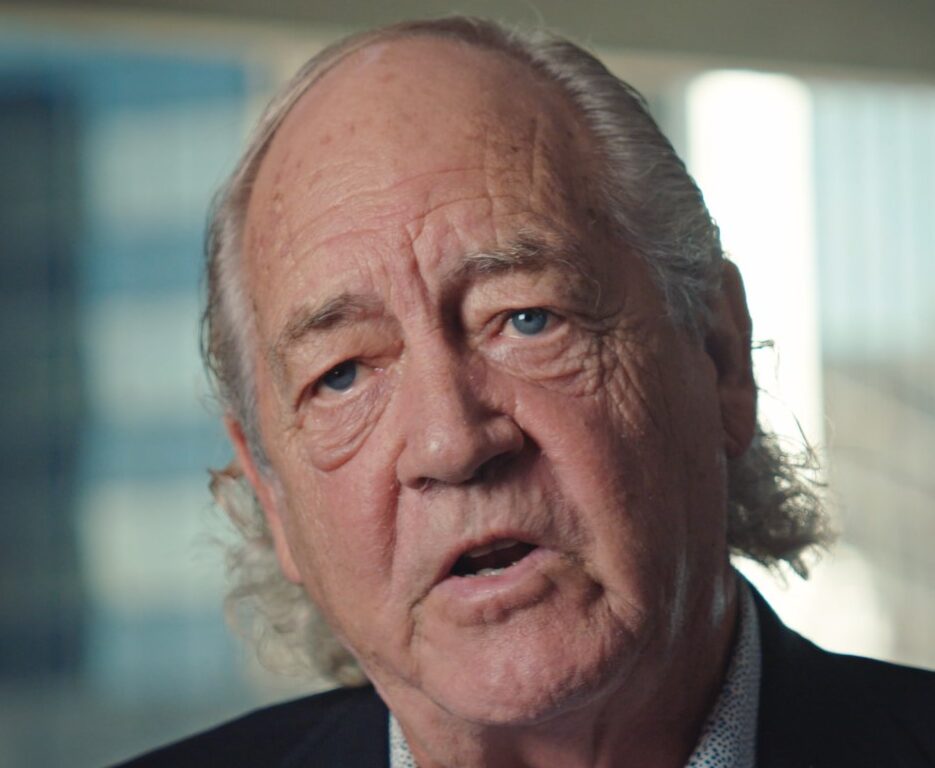
Tony Heller
Tony Heller has a background in geology (BS Geology, Arizona State University), electrical engineering (Masters Electrical Engineering, Rice University) and computer science.
He is well-known for his publications about the history of extreme weather events, showing that current extreme events are not exceptional. He is blogging at his own website Real Climate Science and has a popular Youtube channel.
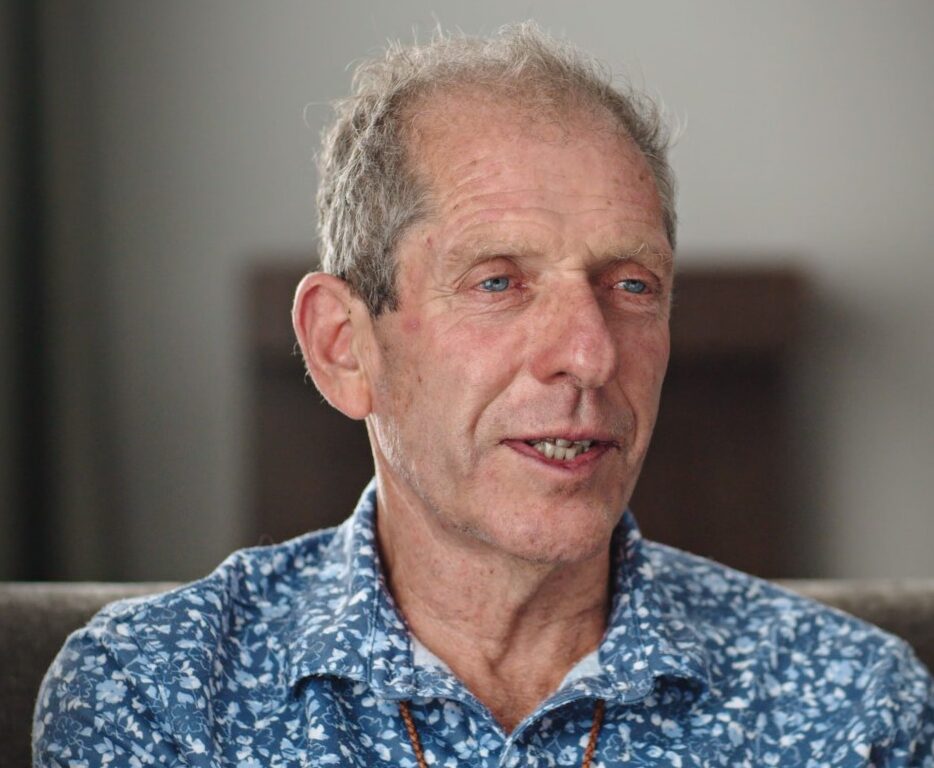
Roy Spencer
Roy W. Spencer received his Ph.D. in meteorology at the University of Wisconsin-Madison in 1981. Before becoming a Principal Research Scientist at the University of Alabama in Huntsville in 2001, he was a Senior Scientist for Climate Studies at NASA’s Marshall Space Flight Center, where he and Dr. John Christy received NASA’s Exceptional Scientific Achievement Medal for their global temperature monitoring work with satellites. Dr. Spencer’s work with NASA continues as the U.S. Science Team leader for the Advanced Microwave Scanning Radiometer flying on NASA’s Aqua satellite. He has provided congressional testimony several times on the subject of global warming.
Dr. Spencer’s research has been entirely supported by U.S. government agencies: NASA, NOAA, and DOE. He has never been asked by any oil company to perform any kind of service. Not even Exxon-Mobil.
Roy Spencer is blogging on his own website: https://www.drroyspencer.com/
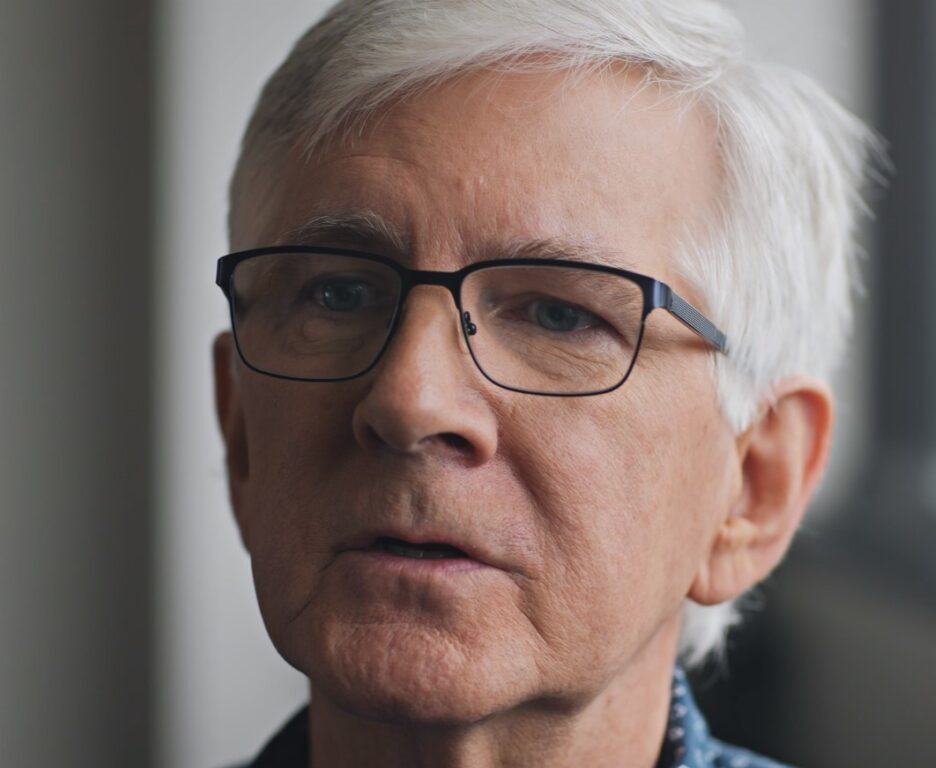
Steven Koonin
Steven E. Koonin is a senior fellow at Stanford University’s Hoover Institution. Before joining Stanford in 2024, he was a professor at New York University, with appointments in the Stern School of Business, the Tandon School of Engineering, and the Department of Physics. He founded NYU’s Center for Urban Science and Progress, which focuses research and education on the acquisition, integration, and analysis of big data for big cities.
Prior to his time at NYU, Koonin served as undersecretary for science in the US Department of Energy under President Obama from 2009 to 2011, where his portfolio included the climate research program and energy technology strategy. He was the lead author of the US Department of Energy’s Strategic Plan (2011) and the inaugural Department of Energy Quadrennial Technology Review (2011). Before joining the government, Koonin spent five years as chief scientist for BP, researching renewable energy options to move the company “beyond petroleum.”
For almost 30 years, Koonin was a professor of theoretical physics at Caltech. He also served for nine years as Caltech’s vice president and provost, facilitating the research of more than 300 scientists and engineers and catalyzing the development of the world’s largest optical telescope, as well as guiding research initiatives in computational science, bioengineering, and the biological sciences.
Koonin is a member of the National Academy of Sciences. His other memberships include the American Academy of Arts and Sciences and JASON, a group of scientists who solve technical problems for the US government; he served as JASON’s chair for six years. He chaired the National Academies’ Divisional Committee for Engineering and Physical Sciences from 2014 to 2019 and was a trustee of the Institute for Defense Analyses from 2014‒24. He is currently an independent governor of the Lawrence Livermore National Laboratory and has served in similar roles for the Los Alamos, Sandia, Brookhaven, and Argonne national laboratories.
Koonin became a very prominent figure in the US climate debate after publishing his bestseller Unsettled: What Climate Science Tells Us, What It Doesn’t, and Why It Matters.
Koonin gave many talks about his climate work.
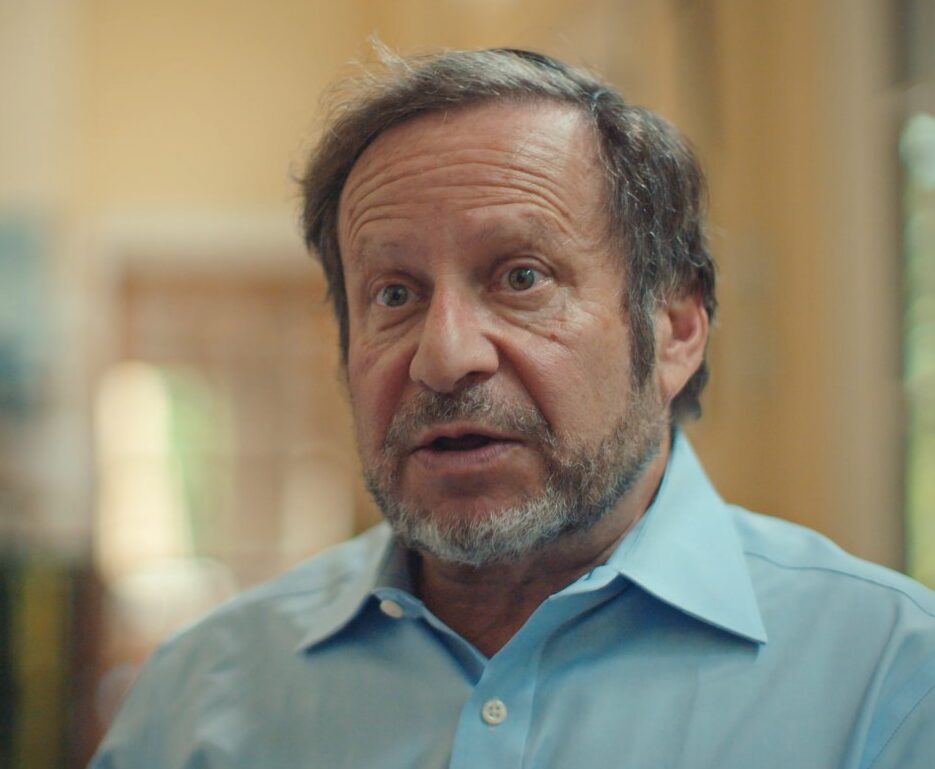
Matthew M. Wielicki
Earth science professor-in-exile. Formerly an assistant professor in the Department of Geological Sciences at the University of Alabama and a post-doctoral research scientist in the Department of Earth, Planetary, and Space Sciences and the Institute for Planets and Exoplanets at the University of California, Los Angeles. Research interests include climate change and the implications of warming on severe weather and the overall human condition, energy transition, conditions of early Earth during the initiation of life, constraining the amount of continental lithosphere through time, understanding the flux and timing of asteroids impacting the Earth-Moon system and the association with major extinction events, medical mineralogy, and the evolution of the Himalaya and the Tibetan Plateau.
Matthew M. Wielicki was interviewed by Tom Nelson.
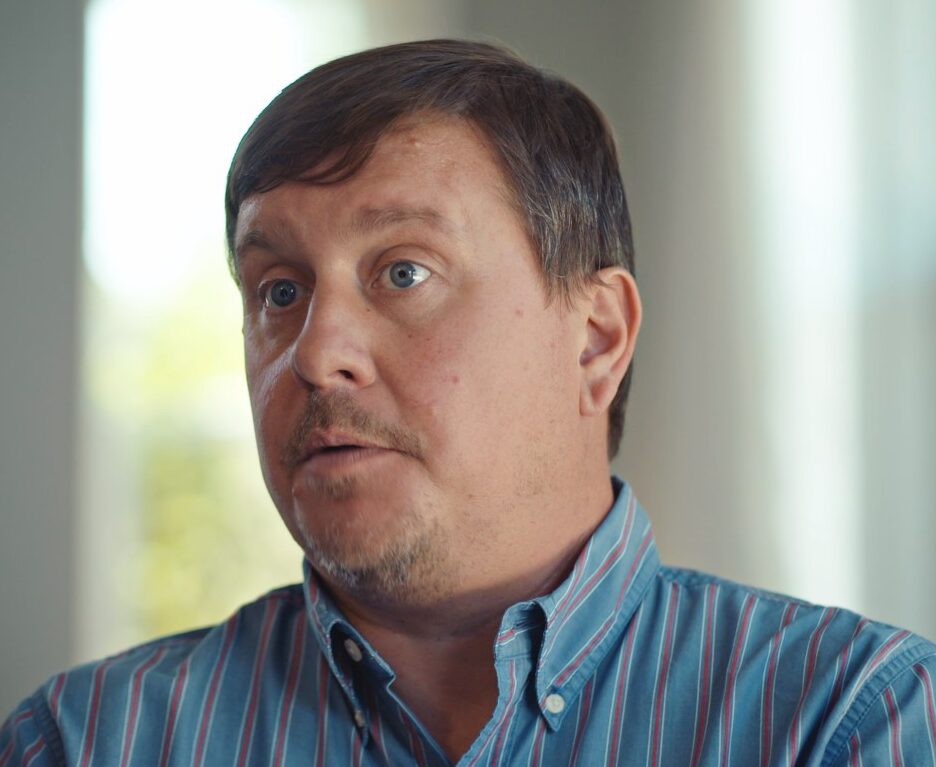
Benny Peiser
Dr Benny Peiser is the director of the GWPF. He has written extensively on domestic and international climate policy. In 1997 he founded CCNet, the world’s leading climate policy network. A 10km-wide asteroid, Minor Planet (7107) Peiser, was named in his honour by the International Astronomical Union.
Benny Peiser has spoken about climate policy on many international conferences. He was also interviewed by Tom Nelson in 2024.
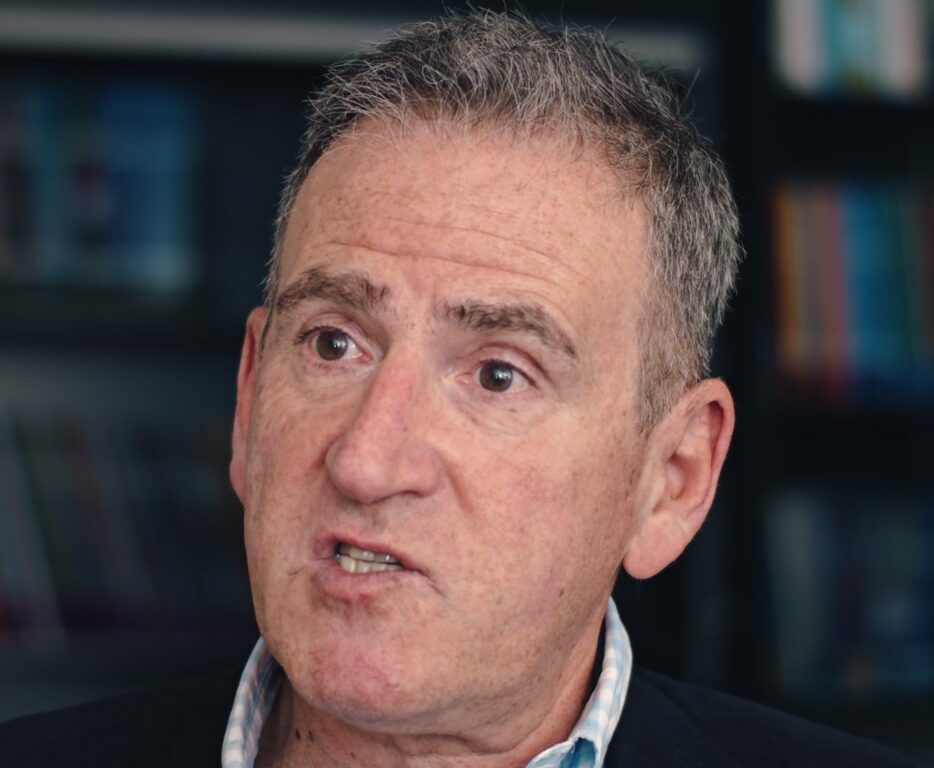
Nir Shaviv
Nir Shaviv is a full professor at the Racah Institute of Physics in the Hebrew University of Jerusalem. His main research interests revolve around the following topics:
– The behaviour of very luminous astrophysical objects, so luminous that their radiation pressure should have blown themselves apart (but they don’t!). This topic is related to various objects, including classical nova eruptions, very massive stars, supernova precurors, and high rate accretion discs.
– High energy astrophysics (e.g., the diffusion of cosmic rays in the Milky Way, the PAMELA anomaly).
– Cosmic Ray effects on climate, on time scales ranging from 100’s of millions of years, to the 11-year solar cycle. Shaviv became well known for this work in which he collaborates with Henrik Svensmark.
He was interviewed by Tom Nelson in 2024.
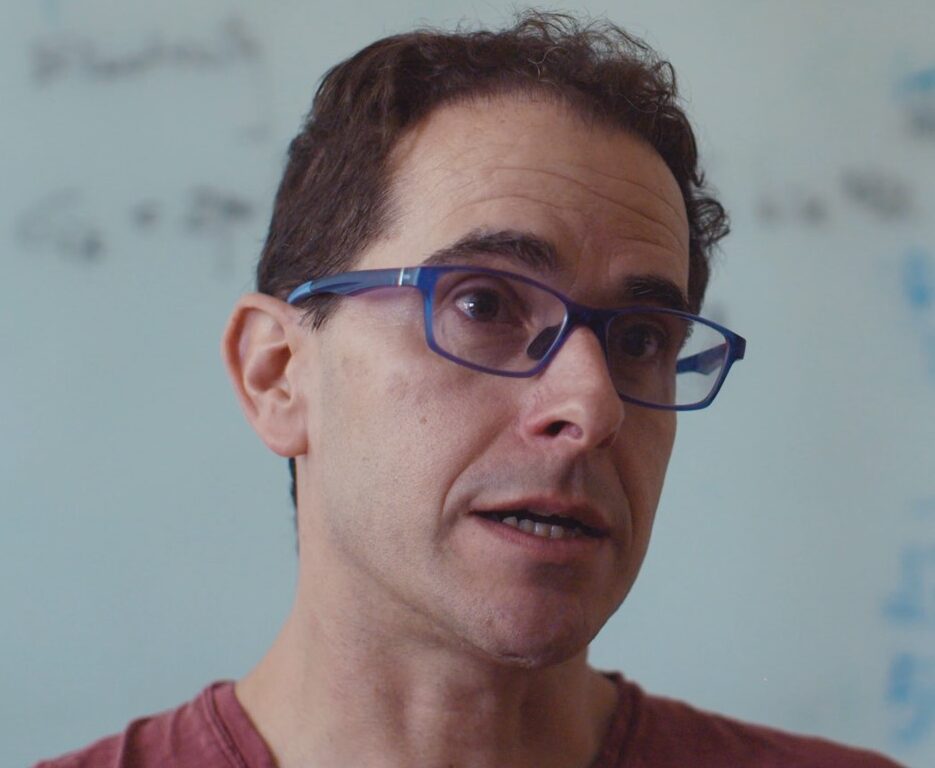
Ross McKitrick
Ross McKitrick is a Professor of Economics at the University of Guelph where he specializes in environment, energy and climate policy. He has published widely on the economics of pollution, climate change and public policy. His book Economic Analysis of Environmental Policy was published by the University of Toronto Press in 2010. His background in applied statistics has also led him to collaborative work across a wide range of topics in the physical sciences including paleoclimate reconstruction, malaria transmission, surface temperature measurement and climate model evaluation. Professor McKitrick has made many invited academic presentations around the world, and has testified before the US Congress and committees of the Canadian House of Commons and Senate. He became well known for his critique (together with Stephen McIntyre) on the hockey stick graph.
More on Ross McKitrick: https://www.rossmckitrick.com/cv-talks-bio-etc.html
He was interviewed by Tom Nelson in 2023.
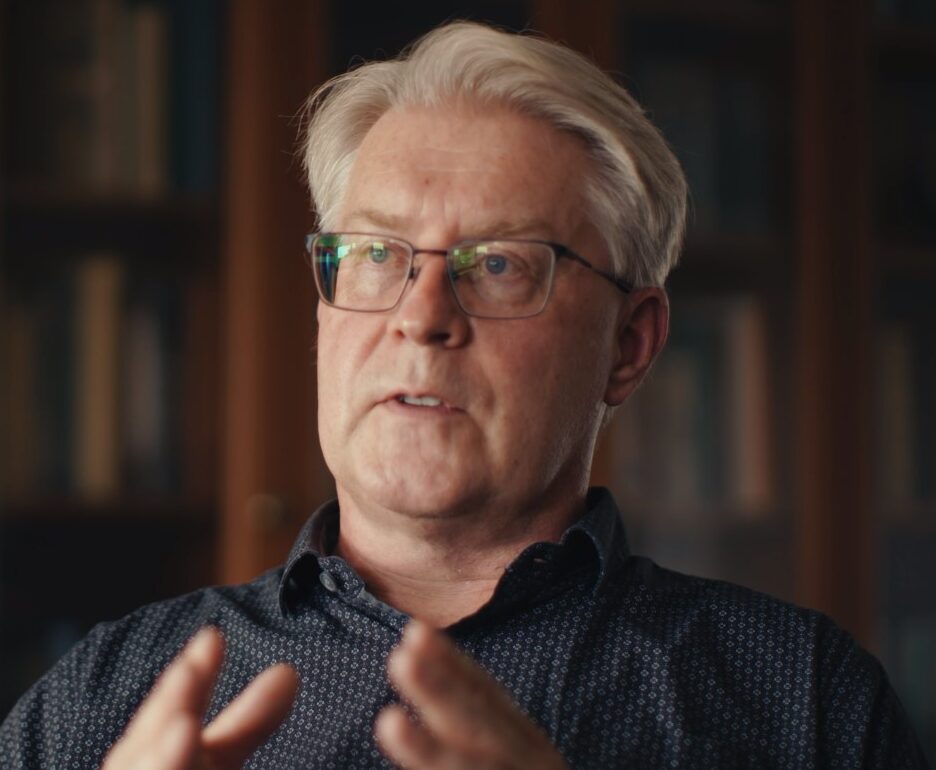
Willie Soon
Dr. Willie Soon, an astrophysicist and geoscientist, is a leading authority on the relationship between solar phenomena and global climate. In this 33+ years of singular pursuit, he seeks to understand the Sun-Earth relations in terms of not only meteorology and climate, but also in terms of orbital dynamics of Sun-Earth-other planets interactions, magmatic (volcanoes) and tectonic (earthquakes) activities. His discoveries challenge computer modelers and advocates who consistently underestimate solar influences on cloud formation, ocean currents, and wind that cause climate to change. He has faced and risen above unethical and often libelous attacks on his research and his character, becoming one of the world’s most respected and influential voices for climate realism. In 2018, he founded the Center for Environmental Research and Earth Sciences (CERES-science.com) in order to tackle a wider range of issues and topics without fears nor prejudices.
Dr. Soon was an astrophysicist at the Solar, Stellar and Planetary Sciences Division of the Harvard-Smithsonian Center for Astrophysics, from 1991-2022. He served as receiving editor for New Astronomy from 2002-2016, astronomer at the Mount Wilson Observatory from 1992-2009. He is also on the editorial board of Geoscience, an MDPI publication since 2020 as well as serving as Review Editor of Frontiers in Earth Science starting 2022. Dr. Soon has also held the role of visiting professors at various institutions including University of Putra, Malaysia, Institute of Earth Environment of Xian, China and State Key Laboratory of Marine Environmental Science at Xiamen University. Since September 2021, Dr. Soon is also affiliated with Hungary’s Institute of Earth Physics and Space Science.
He is currently running his own research institute, Ceres Science, together with Ronan and Michael Connolly.
He was interviewed by Tom Nelson in 2023 and again in 2024 and was a guest of Tucker Carlson in 2024. He spoke at the Clintel conference in June 2024.
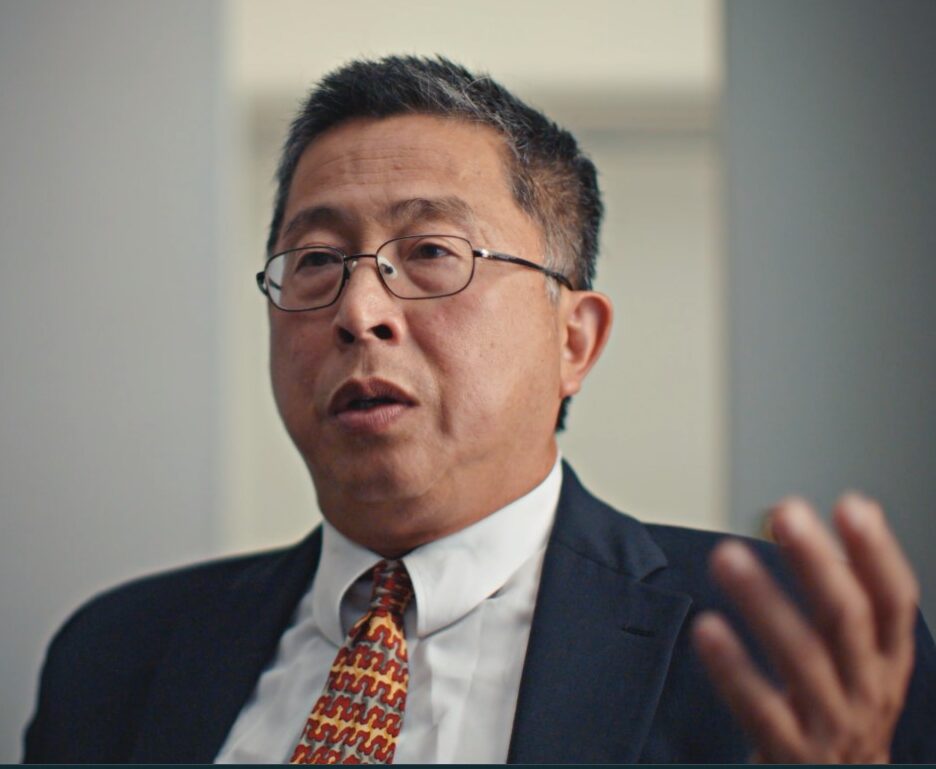
Henrik Svensmark
Henrik Svensmark is a physicist in the Astrophysics and Atmospheric Physics division at the Danish National Space Institute (DTU Space). He has held postdoctoral positions in physics at three other organisations: the University of California (Berkeley), the Nordic Institute for Theoretical Physics in Stockholm (Sweden), and the Niels Bohr Institute, University of Copenhagen (Denmark).
He is well known for his work on the relationship between cosmic rays and climate. He was interviewed by Tom Nelson in 2023.
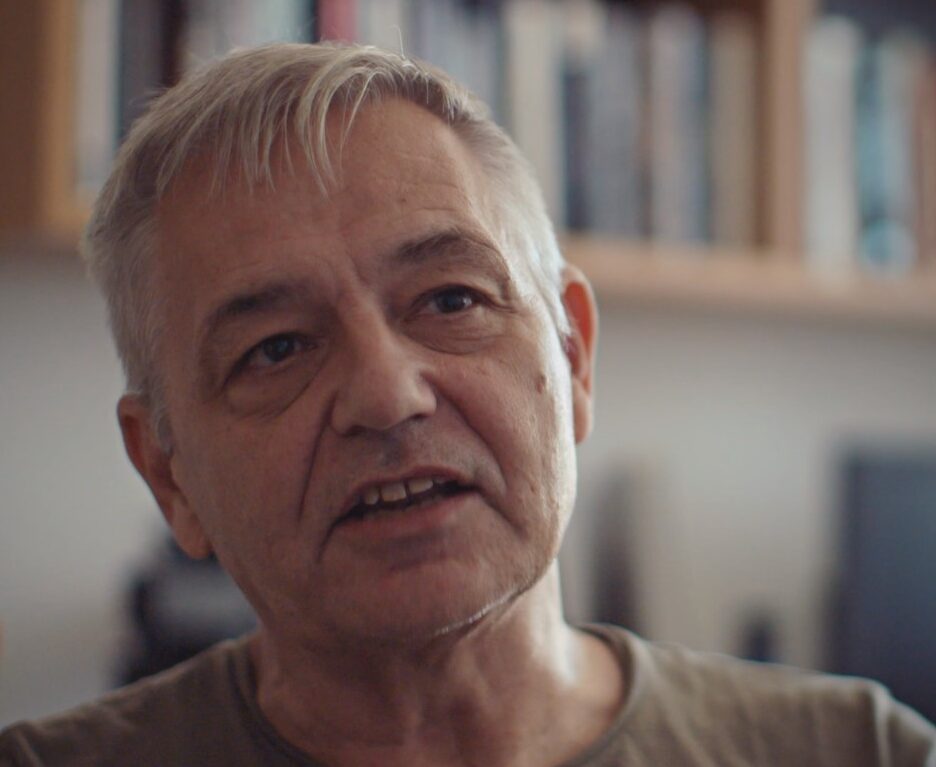
Sallie Baliunas
Sallie Baliunas (Ph.D.) is astrophysicist and senior scientist at the George C. Marshall Institute, an astrophysicist at the Harvard-Smithsonian Center for Astrophysics in the Solar, Stellar, and Planetary Sciences Division, and formerly deputy director of the Mount Wilson Institute. Her awards include the Newton Lacey Pierce Prize by the American Astronomical Society, the Petr Beckman Award for Scientific Freedom and the Bok Prize from Harvard University. In 1991 Discover magazine profiled her as one of America’s outstanding women scientists. Among other research interests, she studies solar variability and global change. Baliunas received her M.A. and Ph.D. in astrophysics from Harvard University.
More on Sallie Baliunas: https://heartland.org/about-us/who-we-are/sallie-baliunas/
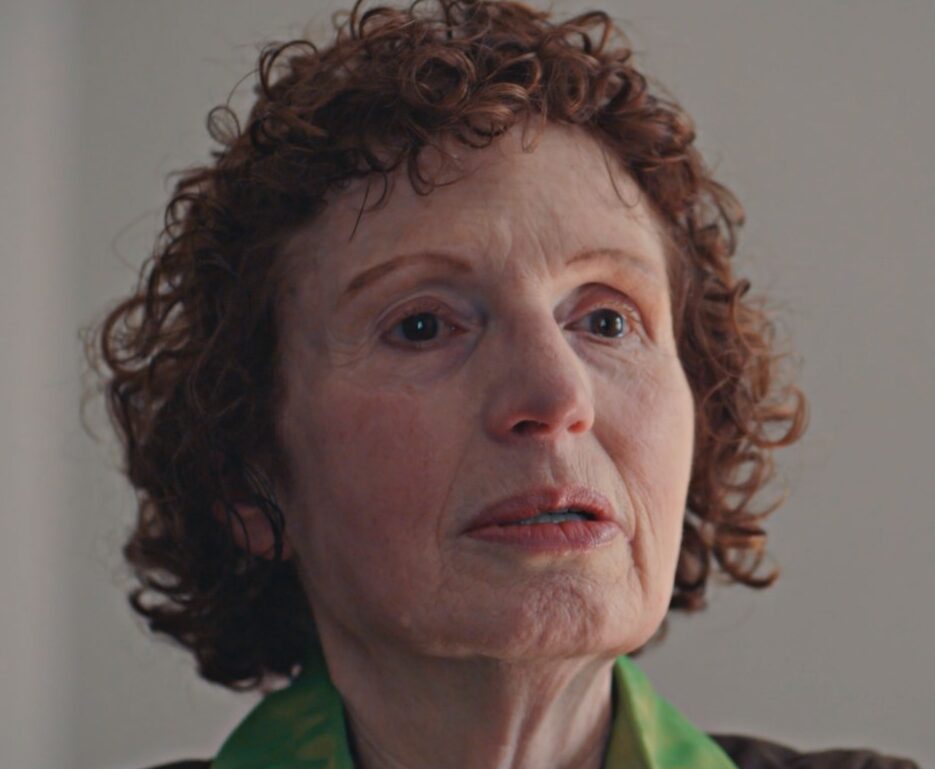
Claire Fox
Claire Fox is the director of the Academy of Ideas, which she established to create a public space where ideas can be contested without constraint. She convenes the yearly Battle of Ideas festival and initiated the Debating Matters Competition for sixth-formers. She also co-founded a residential summer school, The Academy, with the aim to demonstrate ‘university as it should be’.
In May 2019, she was elected as an MEP for the North West England constituency of the UK in the European Parliament elections. In 2020, she was made a visiting professor in professional practice at the University of Buckingham. In September 2020, Claire became a member of the House of Lords as Baroness Fox of Buckley.
Claire is frequently invited to comment on developments in culture, education, media and free speech issues on TV and radio programmes in the UK.
Fox has her own Youtube channel.
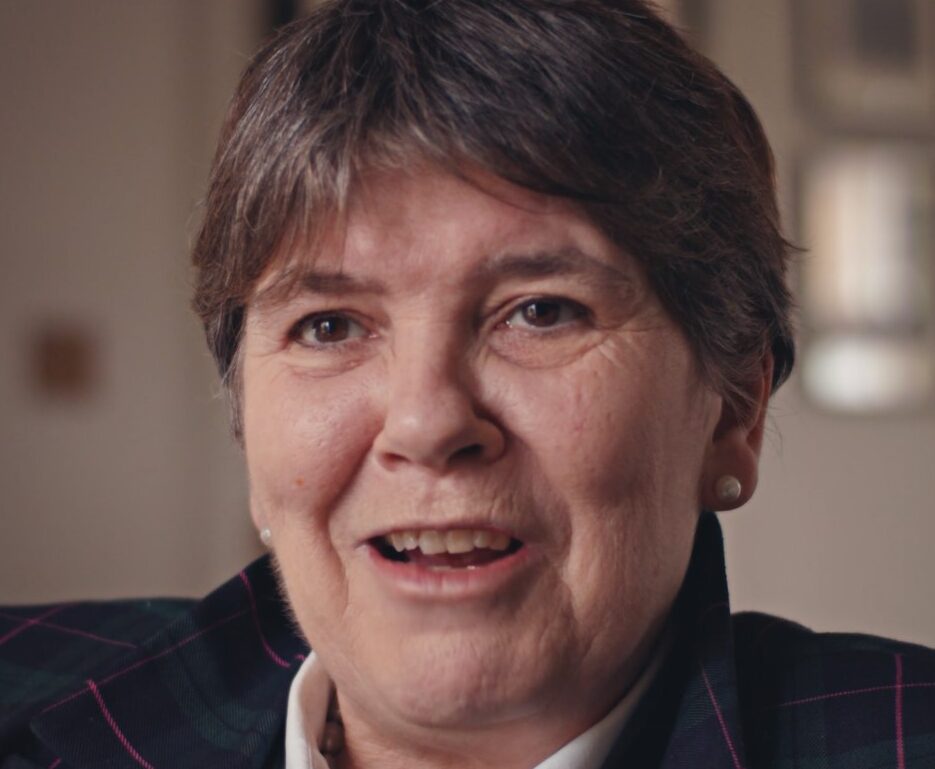
Austin Williams
Austin Williams is a tenured Associate Professor of Architecture at Xi’an Jiaotong-Liverpool University in Suzhou, China and Director of the Future Cities Project. He is also the China correspondent for The Architectural Review, contributing editor for AR Pacific Region, and also writes occasionally on Chinese architecture for L’Architecture d’Aujourd’hui. He is the founder of mantownhuman and has just launched the China Commentary Research Group.
Williams is the author of several books, including ‘The Enemies of Progress’ and co-editor of ‘The Future of Community’ and ‘The Lure of the City: From Slums to Suburbs.’ He convened the ‘2014 Critical Subjects International Summer School’ in London and “Masterplanning the Future,” the first international conference on masterplanning in China. He is the managing editor of the online architectural magazine MPTF, the only independent online architecture magazine in China.
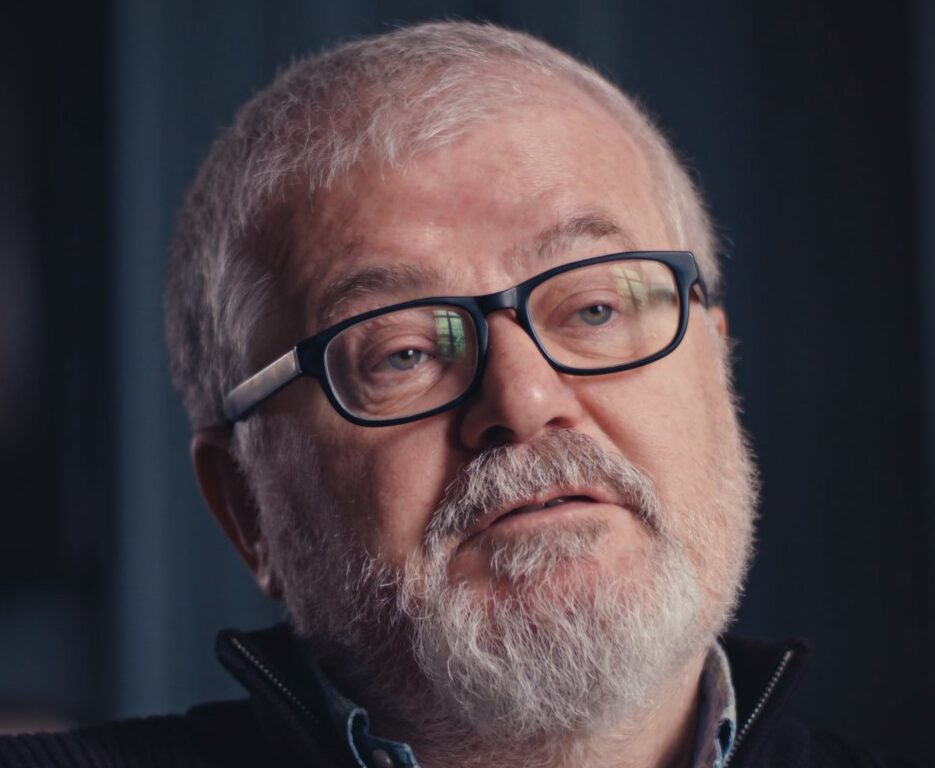
Stephen Davies
Dr Steve Davies is the Senior Education Fellow at the Institute of Economic Affairs (IEA).
Previously he was program officer at the Institute for Humane Studies (IHS) at George Mason University in Virginia. He joined IHS from the UK where he was Senior Lecturer in the Department of History and Economic History at Manchester Metropolitan University. He has also been a Visiting Scholar at the Social Philosophy and Policy Center at Bowling Green State University, Ohio.
A historian, he graduated from St Andrews University in Scotland in 1976 and gained his PhD from the same institution in 1984.
He has authored several books, including Empiricism and History (Palgrave Macmillan, 2003) and was co-editor with Nigel Ashford of The Dictionary of Conservative and Libertarian Thought (Routledge, 1991).
More on Stephen Davies’ views can be heard in this IEA interview.
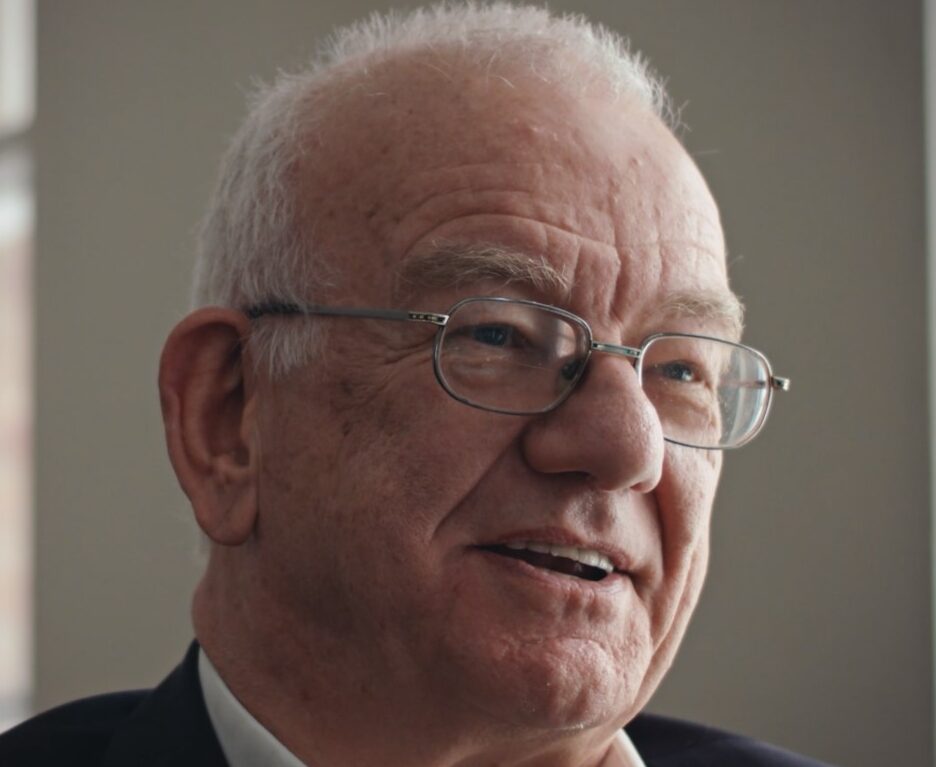
Jusper Machogu
Agricultural Engineer, energy freedom/availability advocate in Africa and climate skeptic. “I am an agricultural engineer with immense passion in energy and the injustice done by the rich countries against Africa.” Machogu is a campaigner for fossil fuels for Africa.
More on Jusper Machogu: https://substack.com/@juspermachogu
He was a guest in the Tom Nelson podcast several times (see here, here and here)
